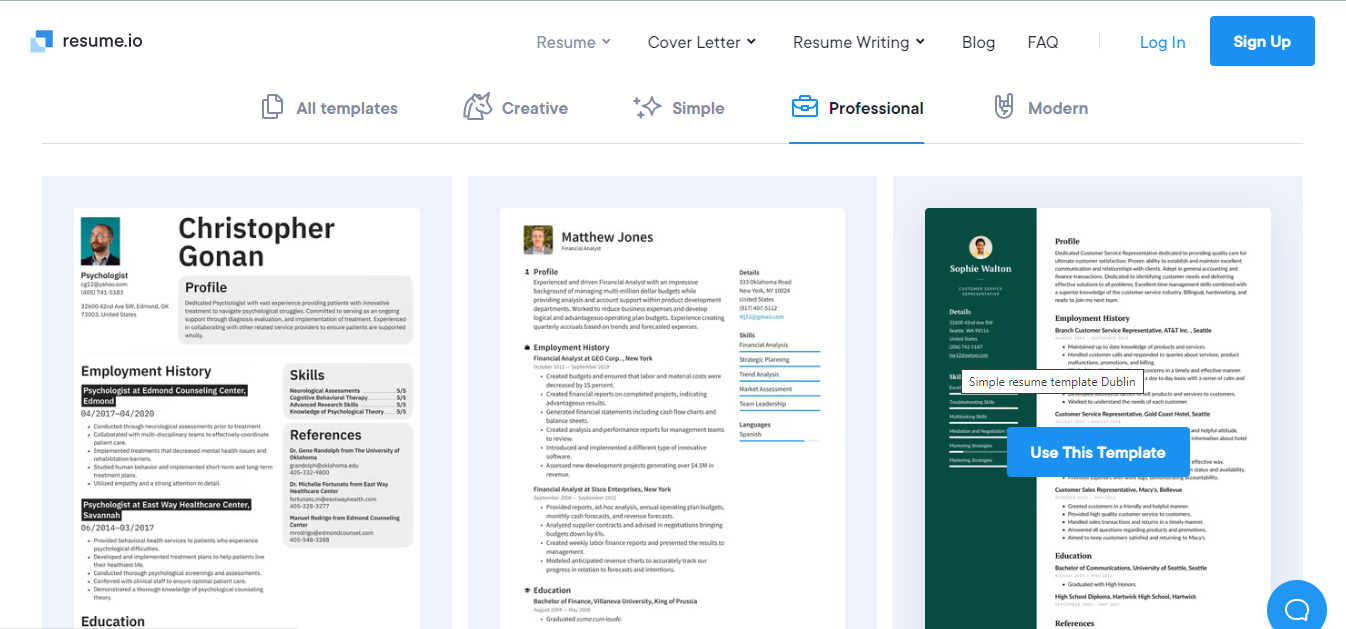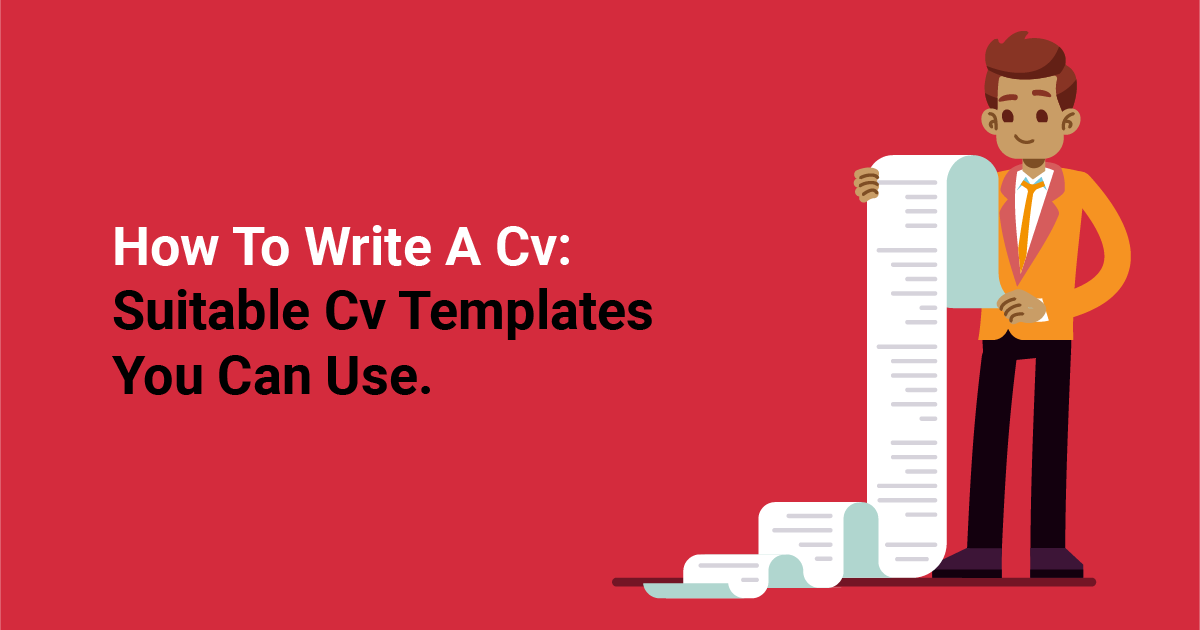Your curriculum vitae (CV) is often your first impression on potential employers. Creating a well-structured and professional document that highlights your skills, experience, and achievements is crucial.
However, crafting a CV from scratch can be a daunting task. That’s why we’re here to guide you through the process and provide you with suitable CV templates to get you started on your job search journey.
Table of Contents
1. Understand the Purpose of a CV
Before diving into CV templates, it’s important to understand the purpose of a CV.
A CV is a comprehensive document that presents your academic and professional background to potential employers.
It should showcase your qualifications, skills, work experience, and achievements relevant to the job you’re applying for.
2. Choose the Right CV Format
There are various CV formats to choose from, depending on your circumstances and the industry you’re targeting. Here are a few popular formats:
- Chronological CV: This format focuses on your work history in reverse chronological order, first highlighting your most recent experience. It is ideal if you have a solid work history in the same field.
- Functional CV: This format emphasizes your skills and achievements rather than your work history. It is suitable for those with limited work experience or those changing careers.
- Combination CV: As the name suggests, this format combines elements of both chronological and functional CVs. It highlights your skills and achievements while also including a brief work history.
3. Essential Sections of a CV
While the specific content of your CV will vary depending on your background, there are key sections that should be included:
Personal Information: Start with your name, contact details, and professional title.
Personal Statement: Write a concise summary highlighting your key skills, experiences, and career goals.
Work Experience: Provide details of your previous work positions, including job titles, company names, dates of employment, and key responsibilities and achievements.
Education: List your educational qualifications, including the name of the institution, degree obtained, and dates of study.
Skills: Highlight relevant skills, both technical and soft, that are relevant to the job you’re applying for.
Additional Sections: Include sections such as certifications, professional affiliations, languages, or any other relevant information that showcases your qualifications.
4. Suitable CV Templates:
We have compiled a list of suitable CV templates to make the CV writing process easier for you.
You can choose the one that best suits your needs and customize it to reflect your personal information, experience, and skills.

Professional Template: A clean and minimalistic design that emphasizes professionalism.
Creative Template: A visually appealing template that allows you to showcase your creativity.
Modern Template: A sleek and contemporary design that appeals to modern employers.
Entry-Level Template: Specifically designed for recent graduates or those with limited work experience.
Conclusion
Writing an effective CV is essential for securing job opportunities.
By understanding the purpose of a CV, choosing the right format, including essential sections, and utilizing suitable templates, you can create a compelling CV that sets you apart from other candidates.
Remember to tailor your CV to each job application and highlight the most relevant qualifications and experiences.
Good luck with your job search!





